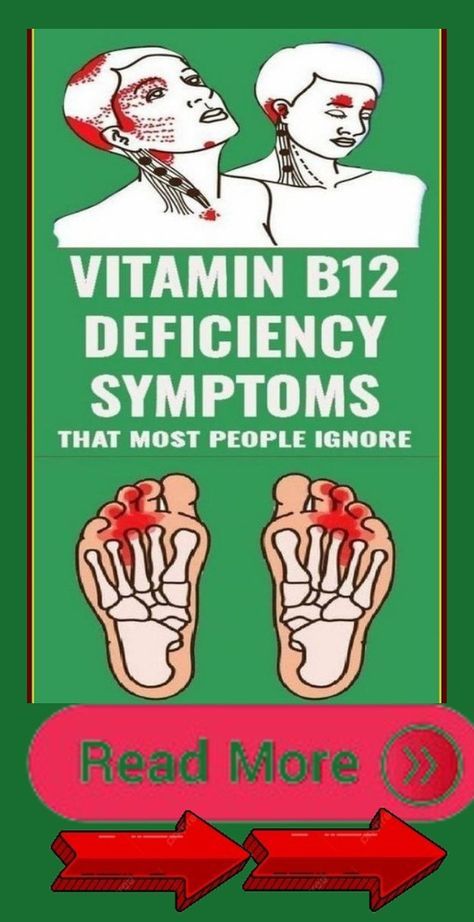Vitamin B12, a vital nutrient essential for numerous physiological functions, plays a crucial role in maintaining overall health and well-being. However, despite its importance, vitamin B12 deficiency often goes undetected due to its subtle and varied symptoms.
Many individuals may overlook or attribute these symptoms to other causes, delaying diagnosis and treatment. This essay explores the often ignored signs of vitamin B12 deficiency, highlighting the importance of early recognition and intervention to prevent potential complications.
Symptoms of Vitamin B12 Deficiency:
1. Fatigue and Weakness:
Persistent fatigue and weakness are common early signs of vitamin B12 deficiency. Individuals may experience a lack of energy, reduced stamina, and feelings of exhaustion even after adequate rest. These symptoms can significantly impair daily functioning and quality of life if left unaddressed.
2. Mood Changes:
Vitamin B12 plays a crucial role in neurological function, including the production of neurotransmitters involved in mood regulation. Deficiency in this vitamin may lead to mood changes such as depression, irritability, anxiety, or mood swings. These emotional disturbances may be subtle initially but can escalate over time if the underlying deficiency persists.
3. Cognitive Impairment:
Vitamin B12 deficiency can impact cognitive function, leading to symptoms such as difficulty concentrating, memory problems, and decreased mental clarity. Individuals may experience brain fog, forgetfulness, and lapses in judgment, which can interfere with daily tasks and cognitive performance.
4. Numbness and Tingling:
Neurological symptoms such as numbness, tingling, or a sensation of pins and needles in the hands, feet, or extremities are hallmark signs of vitamin B12 deficiency. These sensations, known as peripheral neuropathy, occur due to nerve damage caused by inadequate vitamin B12 levels.
5. Balance and Coordination Issues:
Vitamin B12 deficiency can affect the nervous system, leading to problems with balance, coordination, and gait. Individuals may experience difficulty walking in a straight line, unsteadiness, or an increased risk of falls. These symptoms can significantly impair mobility and increase the risk of injuries.
6. Pale or Yellowish Skin:
In some cases, vitamin B12 deficiency may manifest as changes in skin coloration, including paleness or a yellowish tint. This occurs due to the disruption of red blood cell production, leading to anemia and reduced oxygen delivery to the skin.
7. Gastrointestinal Symptoms:
Vitamin B12 deficiency can also affect the gastrointestinal tract, leading to symptoms such as loss of appetite, nausea, constipation, or diarrhea. These digestive disturbances may contribute to nutrient malabsorption and exacerbate the underlying deficiency.
Conclusion:
Despite its essential role in maintaining health, vitamin B12 deficiency often goes unrecognized due to its nonspecific symptoms and gradual onset. Many individuals may attribute these symptoms to stress, aging, or other underlying health conditions, overlooking the possibility of a nutritional deficiency.
However, early recognition and intervention are crucial to prevent potential complications and improve outcomes. Individuals experiencing persistent fatigue, mood changes, cognitive impairment, or neurological symptoms should consult a healthcare professional for evaluation and testing. By raising awareness of the often ignored signs of vitamin B12 deficiency, we can empower individuals to prioritize their nutritional health and well-being.



